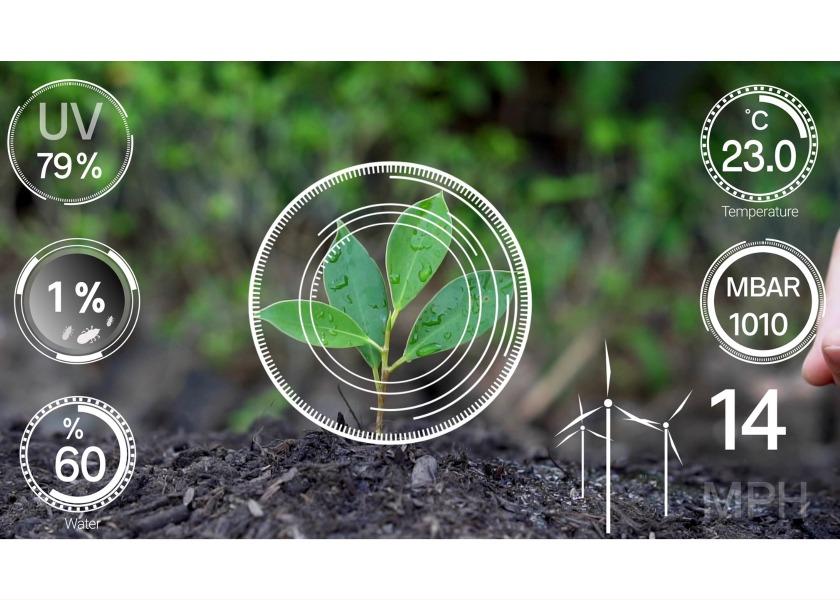Will indoor growing transform agriculture?

Indoor growing or controlled environment agriculture (CEA) is a method using either vertical or hydroponic technology to create a controlled environment for growing plants. The growth of the CEA industry has been driven by predictions that we will need 20% more land to feed the planet using current farming practices. CEA is being supported by investments from industry leaders like Walmart, Driscoll’s, T&A, Taylor Farms and many others.
Let’s review the value equation for the CEA business model.
- Protection from the weather and environment
- Reliable crop yields
- Protection from animals, pests and pathogens
- Peak season flavor 365 days per year
The most efficient technologies are being leveraged
- Fully automated growing systems that enable plant density, harvest yields and ROI.
- The use of solar power and efficient lighting solutions.
- Robotic automation, artificial intelligence software and drones with advanced sensors to collect and interpret vast amounts of data.
- Seed varieties that can improve eating experience and nutritional values.
CEA food safety standards go beyond the standards that currently exist for outdoor field farming.
- A sustainable alternative to field grown product
- Up to 95% less water use
- Up to 90% reduction in food miles
- Requires less land
- Reduced reliance on chemicals and pesticides
A model that matches consumer preferences
- Local or regional product that is available year round
- Product that can be picked packed and delivered to consumers within 24 hours
- The most recent expansion within CEA is occurring in the leafy green and berry categories, but there's a growing list of commodities available ranging from vegetables to fruits.
- The ability to offer both conventional and organically grown products
The biggest challenges to the CEA model
- The large capital investment required to build a program, ranging from $200M to $400 million
- The reliance on heavy R&D investments to drive innovation
- High maintenance cost
- High energy usage
- Pollination can be difficult
- The ability to compete against the delivered prices of field-grown products
At this point, the CEA marketplace is in the early stages of its market potential. This industry is being supported by a strong investment interest, and fueled by a compelling value equation. For these reasons, CEA growing looks to be here to stay.
Many ask will CEA products replace field-grown products or will they create new items and categories? The answer to this question is being vetted in the marketplace today.
At present, CEA products are being viewed as more of a complement to be offered to consumers like organics. Although, there are CEA companies touting the fact that they are able to compete with field-grown delivered pricing. I would say as the CEA industry matures we would see more opportunities for field-grown product replacement occurring.
Craig Carlson is CEO of Carlson Produce Consulting, a global chain produce expert that specializes in building high performance programs within the CEA and field-grown supply chains. www.carlsonproduceconsulting.com.







